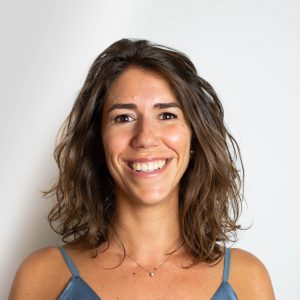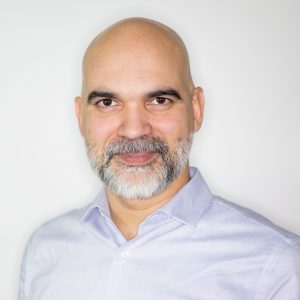Objectives
Abstract: In Guatemala, the prevalence of stunting in children younger than 5 years old reaches 46.5% nationally, with peaks of 90% in the hardest-hit municipalities (WFP, 2020). Food insecurity in the country is driven by both climate and non-climate factors, and its pathways are complex (Beveridge et al., 2019). Additionally, 70% of the impoverished population lives in rural areas, where agricultural production is mainly rain-fed (Lopez-Ridaura et al., 2019). As part of its efforts to fight hunger in the country, Guatemala's National Secretariat for Food Security and Nutrition (SESAN) launched in 2018 a monitoring system called ‘Sala Situacional’, aimed at providing decision-makers with real-time information to maneuver and distribute available resources to increase food security. Although SESAN considers the real-time monitoring system a great success, knowing with enough time in advance the expected levels of food insecurity provides more opportunities to deploy resources effectively. This talk will present work conducted with SESAN on the main drivers of acute undernutrition in Guatemala, and the co-design of a NextGen forecast system for acute undernutrition for kids under 5, involving both climate and non-climate variables. I will also discuss present plans for SESAN to assimilate the new NextGen forecast system as part of its Sala Situacional.
 Short bio: Carmen González Romero is the country manager for the Latin America and the Caribbean (LAC) team in the Columbia World Project “Adapting Agriculture to Climate Today, for Tomorrow” (ACToday), aimed at fighting hunger helping local and international partners to co-develop the best available climate services to increase food security, improve nutrition and promote sustainable agriculture (Sustainable Development Goal #2).
Short bio: Carmen González Romero is the country manager for the Latin America and the Caribbean (LAC) team in the Columbia World Project “Adapting Agriculture to Climate Today, for Tomorrow” (ACToday), aimed at fighting hunger helping local and international partners to co-develop the best available climate services to increase food security, improve nutrition and promote sustainable agriculture (Sustainable Development Goal #2).
 Short bio: Ángel G. Muñoz is an Associate Research Scientist in IRI’s Climate Program, focusing on climate variations and prediction at multiple timescales. He also leads the Latin American component of the Columbia World Project "Adapting Agriculture to Climate Today, for Tomorrow" (ACToday). Muñoz holds a BS in physics (2002, numerical general relativity), a Master of Arts, a Master of Philosophy and a PhD in climate sciences (2014-2016, Columbia University, Department of Earth and Environmental Sciences). His present research interests are associated with physical processes involved in how climate signals at multiple timescales can interact with each other (cross-timescale interference), and how those interactions impact predictability and predictive capacity; in particular, he's interested in better understanding how cross-timescale interference can be used to diagnose and improve misrepresented processes in a hierarchy of atmospheric circulation models. Muñoz also works on the development of climate services, especially those related to food security (involving models for undernutrition and human migration), vector-borne diseases and lightning activity.
Short bio: Ángel G. Muñoz is an Associate Research Scientist in IRI’s Climate Program, focusing on climate variations and prediction at multiple timescales. He also leads the Latin American component of the Columbia World Project "Adapting Agriculture to Climate Today, for Tomorrow" (ACToday). Muñoz holds a BS in physics (2002, numerical general relativity), a Master of Arts, a Master of Philosophy and a PhD in climate sciences (2014-2016, Columbia University, Department of Earth and Environmental Sciences). His present research interests are associated with physical processes involved in how climate signals at multiple timescales can interact with each other (cross-timescale interference), and how those interactions impact predictability and predictive capacity; in particular, he's interested in better understanding how cross-timescale interference can be used to diagnose and improve misrepresented processes in a hierarchy of atmospheric circulation models. Muñoz also works on the development of climate services, especially those related to food security (involving models for undernutrition and human migration), vector-borne diseases and lightning activity.Speakers
Carmen González Romero, Country manager for the Latin America and the Caribbean (LAC) team in the Columbia World Project “Adapting Agriculture to Climate Today, for Tomorrow” (ACToday)
Ángel G. Muñoz, Associate Research Scientist in IRI’s Climate Program. He also leads the Latin American component of the Columbia World Project "Adapting Agriculture to Climate Today, for Tomorrow" (ACToday).
